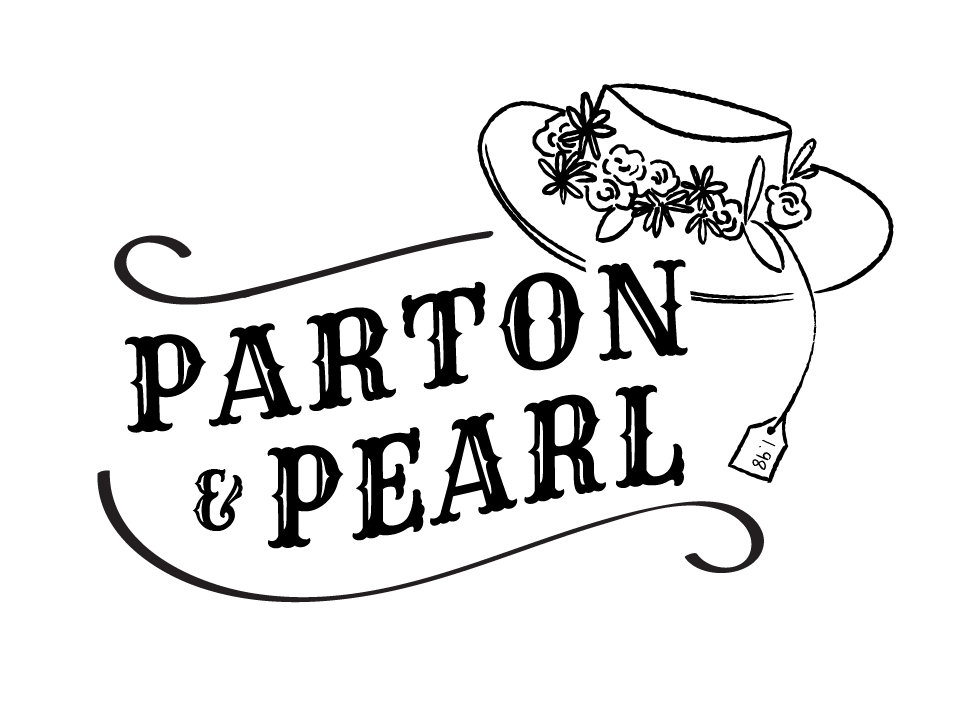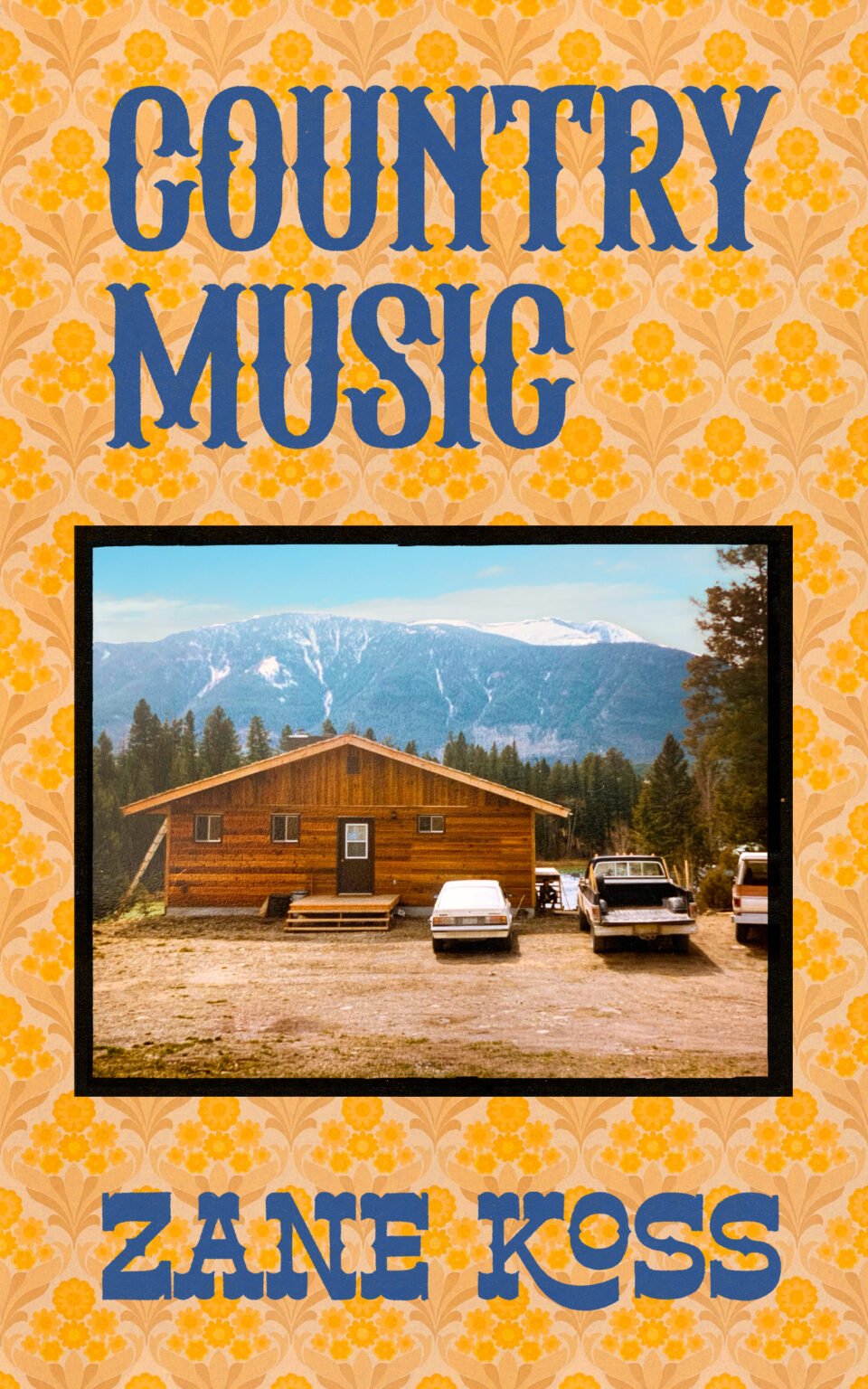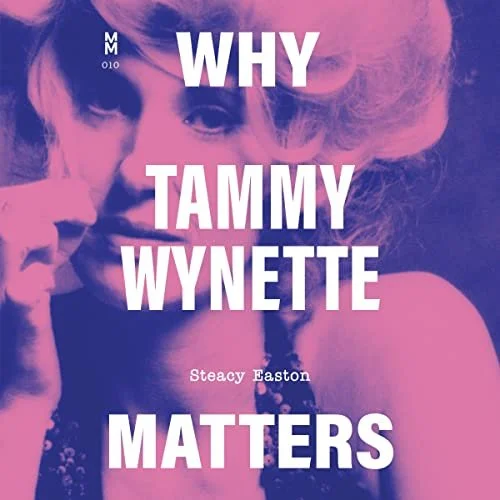Book Review: Country Music by Zane Koss
The first time I heard Zane Koss read was at an all day festival, in a single room bookstore, on a warm summer day. It was two hours into an eight hour day of readings, with long breaks in between–maybe forty people in the room, so during the breaks the party would spill out of the store onto the pavement; the last readings of the day happened in the parking lot of an auto detailer across the street. Zane read a small poem about growing up in the Kootenays, and a snowmobile accident. I approached him afterwards, and told him a story about a snowmobile accident that happened in my high school. His poem ended up in a book length collection–Country Music, published by Invisible Press.
The book might be one poem, the individual poems don’t have titles, and the separation happens in sections, rather than lines or stanzas. There is a section towards the middle, that talks about the snowmobile, that is slightly different than I remember it being read:
If, in 1972, a new snowmobile cost $_____
If, in 1972, you worked at the mill
If, in 1972, your son wanted a new snowmobile
If, in 1972, the union at the mill had negotiated
standard compensation rates for common injuries at the mill
If, in 1972, that rate was $_______for a finger—
—-or more, for a thumb, and scaled by the
knuckle
If, in 1972, your finger was cut off at work, precise to the knuckle,
and the next month your son had a new snowmobile
how many days since the last workplace incident.
It would be a mistake to view this poem as autobiographical, Koss warns us as much, he places it as a kind of violent logic puzzle. If this happened, not that this happened. There is a kind of ironic distance to this kind of working out, an ownership that those who labour often lack. The question of who owns bodies, who owns labours, and who owns stories is central to this book.
There are stories about his father, who was a skidder for a logging operation. The best of these poems are unsentimental about landscapes, and about the necessity of making money, of paying rent–they lack the sentimentality found in people like Tom Wayman. The stories he tells here are of the casual cruelty of life on the edges of farms, the poetry of exurbs and suburbs, that seems accurate—he tells tales of bears caught on the edge of town, and how they had to be put down; about the failures of a moose cow on the ice, about forcing drunk friends to eat dog food, and having that friend never be able to go down the dog food aisle again.
These stories he tells interspersed with nervousness about cruelty, and asking consistent questions about who is allowed to discuss, and what they are allowed to say. A few pages from the poem quoted above, he writes about listening to fellow grad students talk about being scared of driving through a working class place, and seeing a gas station attendant with two fingers missing. He doesn’t tell the story about the skidders or the moose or the chainsaw to these students, but instead he tells others of them.
He was blue collar when he grew up in the Kootenays, and his wife asks him, early in the book, if he is still blue collar. When is the collar bleached–when someone moves east, when someone stops making a living with one’s hands, when one’s hands become clean? Where in the procedure of moving, of bleaching that colour, does the writer recognize that they are trading stories of a working class imaginary for access to the intelligentsia?
The poem(s) moves between these stories, and between questions about who gets to tell them. Sometimes these equivocations seem to be working class guilt for getting out, when he writes directly, on it’s own page, the two lines: “there are extractiveness/to these stories”’ or when he writes the stanza:
lit out down the gully
from the birthday party
and boys
fired slingshots at the deer
just strange and sad
older now
Which frames the permanent tension between the violence which has borne the western writer, and the abandonment of that violence, without buying into narratives of civilization with their histories of racism and colonialism. Sometimes the tension collapses, though, sometimes the work becomes didactic, the moralism as plain and unvarnished as a protestant sermon, one for good leftists, like when he writes:
how to put that on the page
how the page could be the space
in which the social field is made
visible improvising against each other.
With its double spacing and awkward gap in the last line, the stutter seems to be asking permission, when the rest of the works gaps and breaths seem to be pushing against such seeking. The central question of storytelling as a way of social networking, of career making, and the nervousness of this is key.
Thinking about this book as country music, and thinking about the genre, the central question of audience, allowances, of travel and absorption, of storytelling as a craft and as a currency becomes central. There is this Anne Lammott quote that flows around lately, about how writing about people can be done freely, that if they wanted to be written about differently, they would have to behave differently; but it denies the power of those who write, the control of those who tell stories. In the same capacity, thinking about the rhetoric of the blue collar that exists on the radio, and how dishonest that rhetoric is–thinking about Jason Aldean’s odes to a small town, and knowing he grew up on a prosperous suburb of Atlanta, or thinking about the gate keeping that occurs with Beyoncé, and wondering if her latest album is country enough.
Koss’s book asks the question, is this country enough, repeatedly, and in answering, he leads to a cluster of other questions–was I ever country enough, is there ethics in how I use these country qualities, do I ever lose my blue colour tendencies, how to process the violence that is the core of the cult of authenticity found in Nashville. I am thinking about the subgenre of masculinity and deer hunting for example, and seeing how few songs there are about there are about dressing deer, about cutting them into pieces; or about how for many rural cultures, the distribution of deer meat to individual people or food banks through organizations like the St Eustace society keeps people fed through the winter. Or, the poet Thorpe Moeckel, who has written book length monographs about the slaughtering of game that he has caught, with exacting details, but who makes most of his money teaching creative writing as a private college in South Carolina, a college with one of the last remaining dressage training programs in the country.
The delicacy of Koss’s rhetoric, his ability as a storyteller, and the recognition of the ambivalence of landscape, how it has been used by him, and by others against him seems to me to be a way to listen carefully to other songs about geography, and to be extremely precise about the current crises–of landscape, of family, and of the traditions of the west, that cannot be fully escaped. At his best, reading this work is like doing the calculations for exactly how many fingers one can lose, in order to make a better life.
Country Music will be release April 15, 2025 by Invisible Publishing.
Find your copy here.




Koss’s book asks the question, is this country enough?